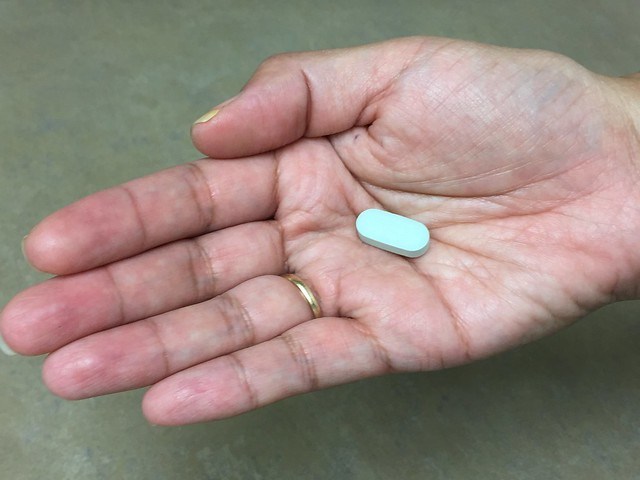Belgian researchers have made a breakthrough discovery for patients being treated for HIV which they say put the medical community one step closer to finding a cure.
Scientists from UZ Gent University said they had identified the places where small residual amounts of the virus hide in the body of patients taking AIDS inhibitors.
The study, led by doctor Marie-Angelique De Scheerder and Vandekerckhove, involved the most extensive sampling of HIV patients ever realised.
The research brings new answers for HIV-positive patients under inhibitor treatment, which can keep the virus at bay but does not completely eradicate it from the body.
While the inhibitors make the residual cells so small that patients can no longer infect others, scientists suspected the hidden cells boosted the virus' quick proliferation throughout the body if the treatment was stopped.
Following the study, the Belgian researchers found that the residual HIV cells hid in several places of patients' bodies, in a discovery hailed as a breakthrough but which the scientists acknowledged uncovered novel challenges in the fight against the disease.
Clusters of active cells
"You can find it everywhere you look," professor Linos Vandekerckhove told De Morgen. "That makes it very difficult to completely eradicate the virus."
The results also dispelled doubts about whether the clusters of residual cells were dormant, showing they were responsible for rapidly reactivating the virus in a patient who suspends treatment.
"Our research has shown that they are the best active cells and that the virus returns quickly as soon as soon as the therapy is stopped," Vandekerckhove told the outlet.
Eleven patients discontinued their inhibitors treatment as part of the study, leading scientists to conclude that the virus made a comeback within 14 to 35 days.
The researchers say while that there was still a long way to go in the efforts to find a cure for the virus, their research was nevertheless "good news" for the medical community.
"If we want to come to a cure, then a therapy must be developed that focuses on all those places, or different therapies must be combined," Vandekerckhove told the outlet. "But the good news is that we now know what we have to do."
Gabriela Galindo
The Brussels Times

